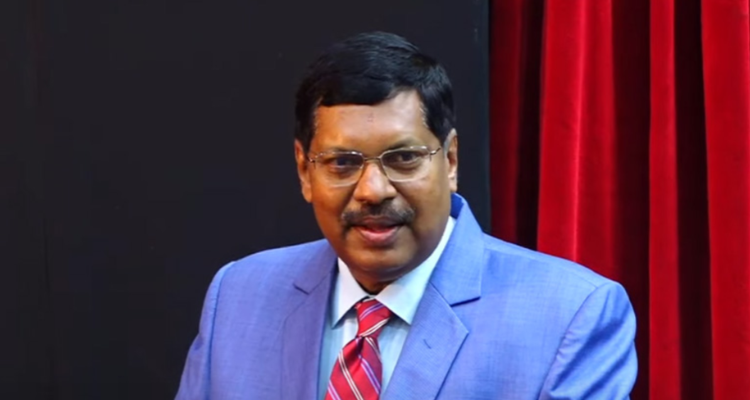
“The practice of law is essentially a continuous learning process, and a person should continue learning until the end of their career. The day someone decides to stop learning, it will be their last day in advocacy.” These words are from Justice B. R. Gavai, the present judge of the Supreme Court of India and if the seniority rule is followed and the collegium system is abided, then he might be the future Chief Justice Of India.
Justice B. R. Gavai, according to the collegium formed by CJI N. V. Ramana, will be the next Chief Justice after Justice Sanjiv Khanna.
Early Life and Years as an Advocate
Justice Bhushan Ramakrishna Gavai was born on November 24, 1960, in Amravati, Maharashtra. Gavai’s family is greatly inspired by the life of Ambedkar, and his father, R. S. Gavai, has been a former leader and governor of three states, namely Sikkim, Bihar, and Kerala. Gavai joined the Bar Association on March 16, 1985, and thereafter practiced independently in the Bombay High Court from 1987 to 1990.
After 1990, he primarily practiced before the Nagpur Bench of the Bombay High Court. During his practice, he became a permanent lawyer for the Nagpur Municipal Corporation, Amravati Municipal Corporation, and Amravati University. In addition, from August 1992 to July 1993, he was appointed as Assistant Government Pleader and Additional Public Prosecutor in the Nagpur Bench of Bombay.
Becoming Judge and Important Cases he Presided Over
The year 2003 was significant for him, as on November 14, 2003, he was appointed as an Additional Judge of the Bombay High Court, and within two years, on November 12, 2005, the Bombay High Court made him a permanent judge. In 2019, he was promoted to the Supreme Court, and his tenure will last until November 23, 2025. If the seniority rule is followed, then, after Justice G. B. Balakrishnan, Justice Gavai could be the second Dalit Chief Justice to serve in the Supreme Court.
Let’s take a look at some of the decisions he has made. In June 2020, lawyer Prashant Bhushan uploaded a tweet on former CJI S. A. Bobde, and Justice B. R. Gavai’s bench fined him for contempt of court for his tweet. The court said, ‘If we do not take note of such behavior, it will send the wrong message to lawyers and litigants across the country. However, showing generosity, instead of imposing a severe punishment, we are imposing a fine of 1 rupee (one rupee) on the contemnor.’
Furthermore, when a panel of five judges was debating the validity or invalidity of demonetization and the court upheld a majority of the decisions made by the 4 vs. 1 bench, he not only voted in favor but also said, ‘Demonetization was an initiative of the central government aimed at addressing the evils that caused harm to the country’s economy, including the practices of accumulating “black” money, which involved corruption and contributed to even greater evils.’
If appointed, his term will be from May 14, 2025, to November 23, 2025.




